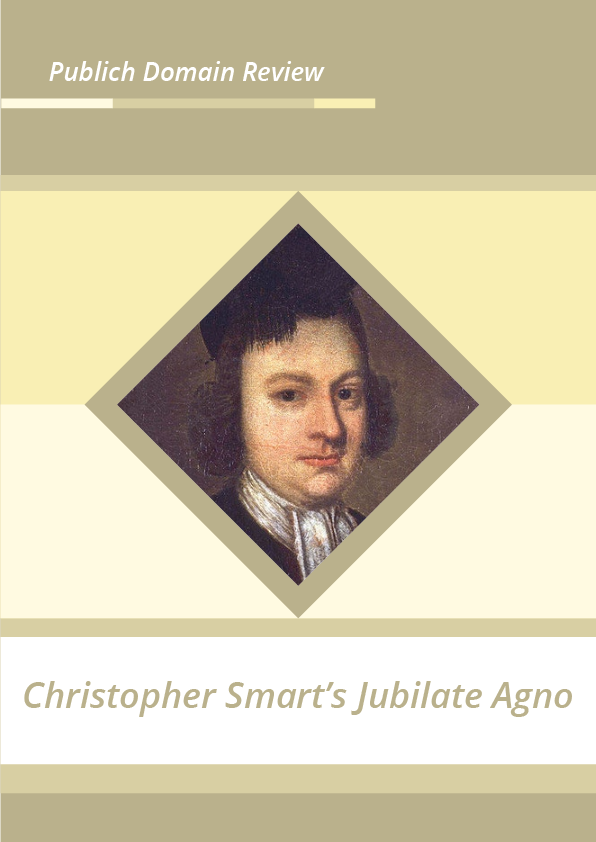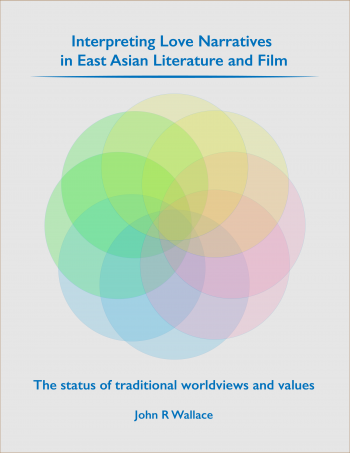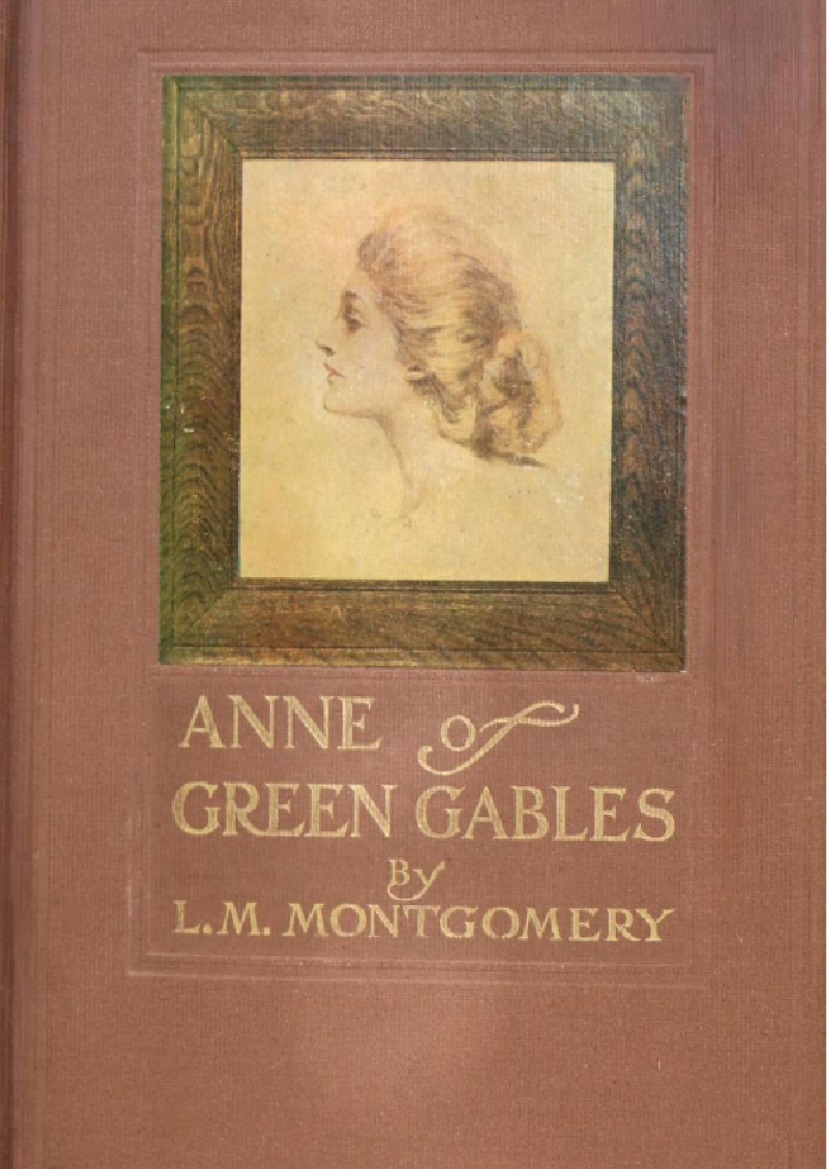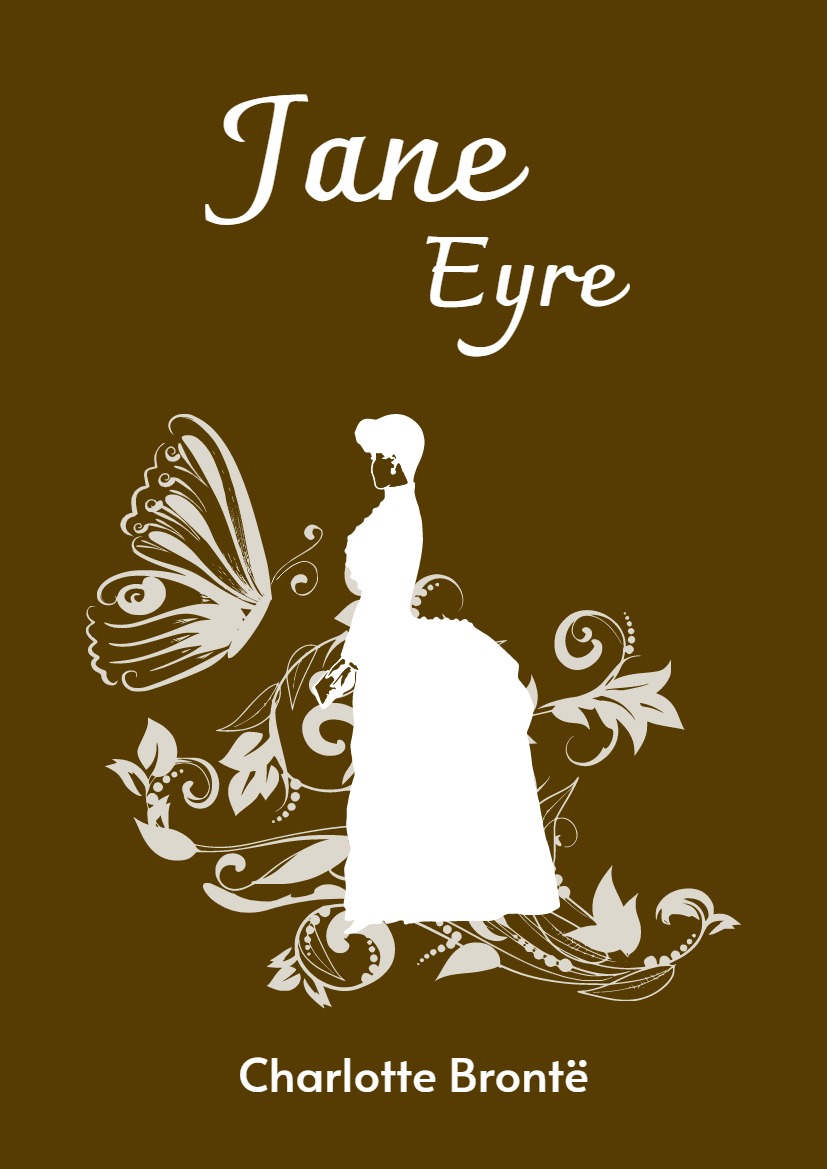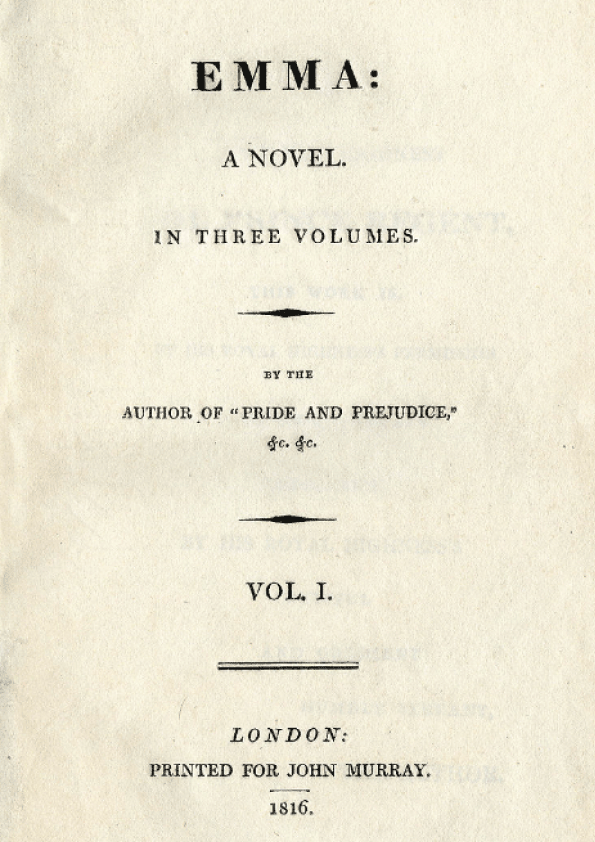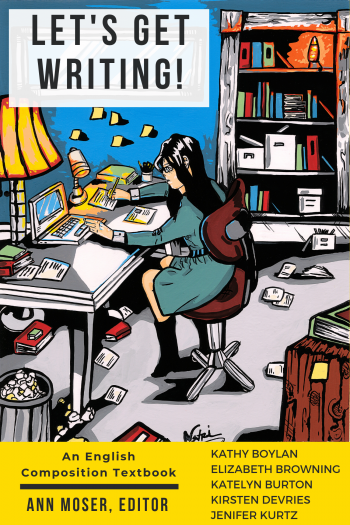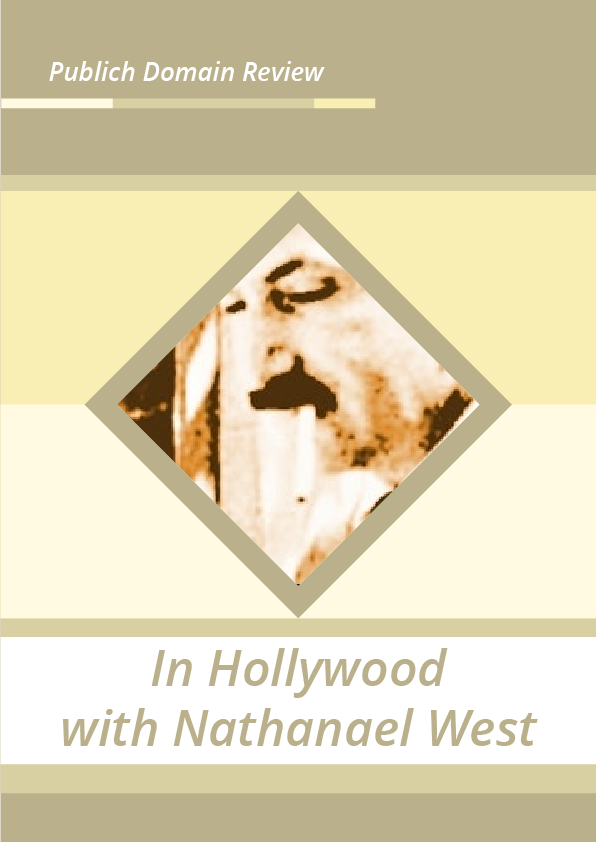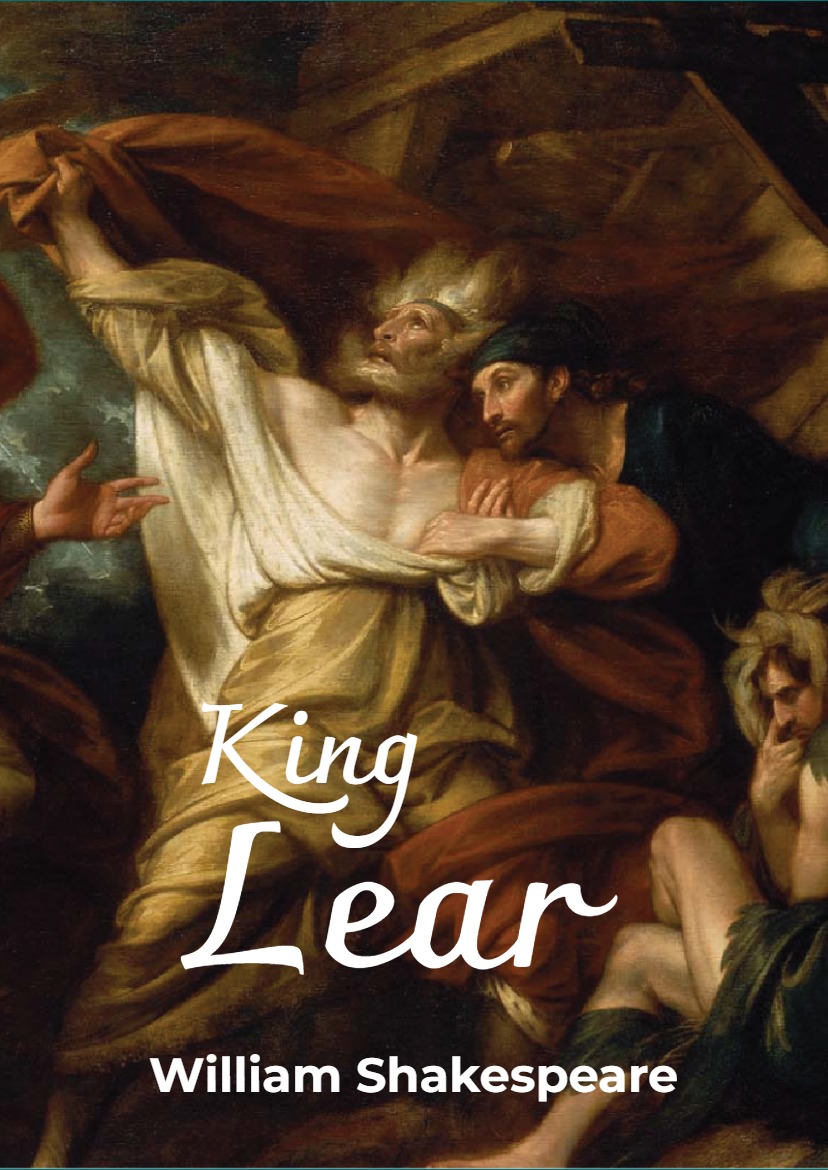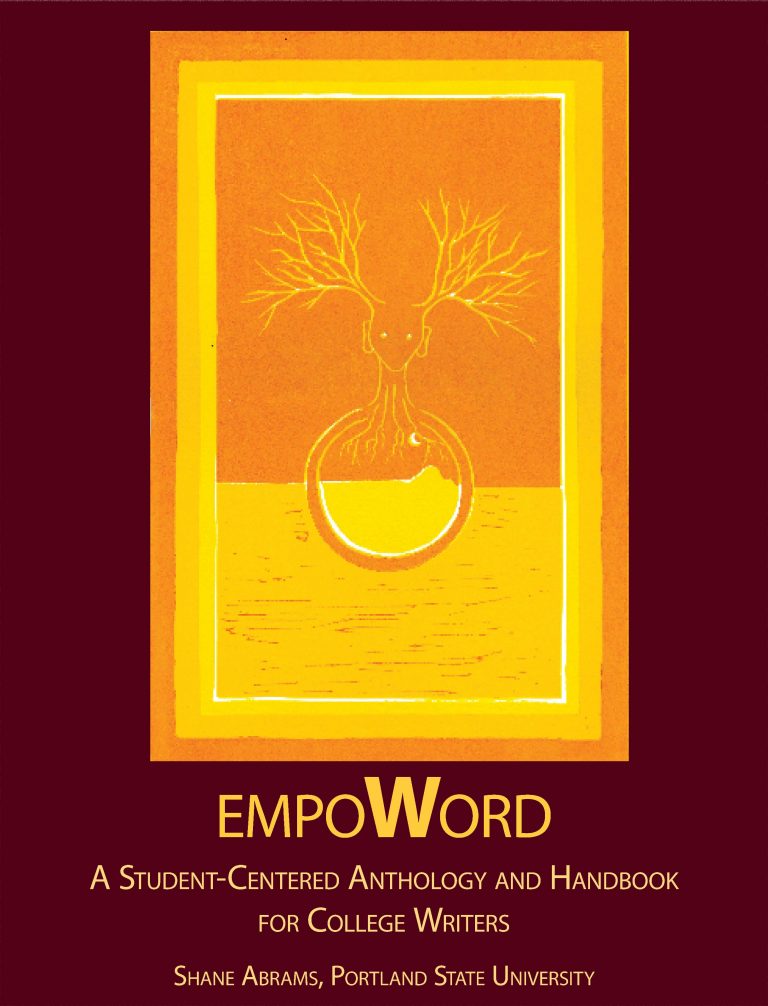The poet Christopher Smart — also known as “Kit Smart”, “Kitty Smart”, “Jack Smart” and, on occasion, “Mrs Mary Midnight” — was a well known figure in 18th-century London. Nowadays he is perhaps best known for considering his cat Jeoffry. Writer and broadcaster Frank Key looks at Smart’s weird and wonderful Jubilate Agno.
“My poor friend Smart shewed the disturbance of his mind, by falling upon his knees, and saying his prayers in the street, or in any other unusual place…” Concerning this unfortunate poet, Christopher Smart, who was confined in a madhouse, [Dr Johnson] had, at another time, the following conversation with Dr Burney… “I did not think he ought to be shut up. His infirmities were not noxious to society. He insisted on people praying with him; and I’d as lief pray with Kit Smart as any one else.”
James Boswell, The Life Of Samuel Johnson, LL.D.
Dr Johnson thought his friend should not be confined, but ‘society’ thought otherwise, and Christopher Smart (1722-1771) was incarcerated in St Luke’s Hospital for Lunatics in Bethnal Green, London and then in Mr Potter’s private madhouse between 1757 and 1763. He died, eight years later, in debtor’s prison. These private miseries overshadowed the reputation he had gained as a poet and contributor to periodicals. He was a prolific writer, in both Latin and English, and five times won the Seatonian Prize, awarded to a Cambridge graduate for the best poem on “the perfections or attributes of the supreme being.” A Song To David, the major work published in his lifetime, was not well-received, however, and until Robert Browning championed it a century later, Smart was more or less forgotten.
It was not until 1939 that his masterpiece, written during his confinement in St Luke’s, was first published. Jubilate Agno is one of the most extraordinary poems in the English language, and almost certainly the reason we remember Christopher Smart today. It has been described as a vast hymn of praise to God and all His works, and also as the ravings of a madman. Indeed, that first edition was published under the title Rejoice In The Lamb : A Song From Bedlam, clearly marking it as a curio from the history of mental illness. It was W H Bond’s revised edition of 1954 which gave order to Smart’s surviving manuscript, restoring the Latin title Jubilate Agno, bringing us the poem in the form we know it today.
Christopher Smart never completed the work, which consists of four fragments making a total of over 1,200 lines, each beginning with the words “Let” or “For”. For example, Fragment A is all “Let”s, whereas in Fragment B the “Let”s and “For”s are paired, which may have been the intention for the entire work, modelled on antiphonal Hebrew poetry. References and allusions abound to Biblical (especially Old Testament) figures, plants and animals, gems, contemporary politics and science, the poet’s family and friends, even obituary lists in current periodicals. The language is full of puns, archaisms, coinages, and unfamiliar usages. Dr Johnson famously said “Nothing odd will do long; Tristram Shandy did not last”. Jubilate Agno is, if anything, “odder” than Sterne’s novel, and perhaps we are readier to appreciate it in the twenty-first century than when it was written.
